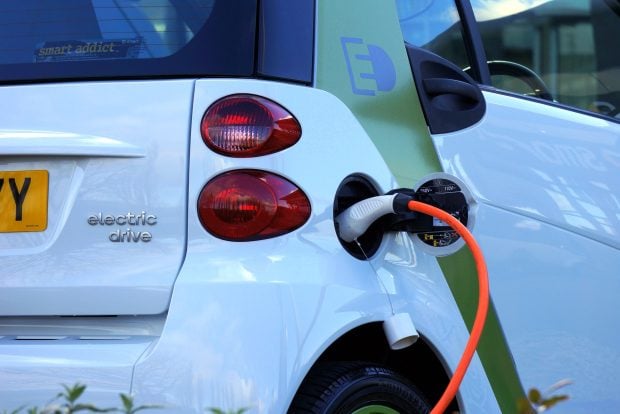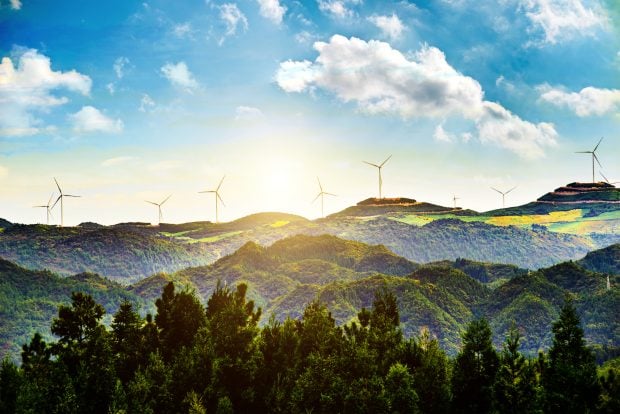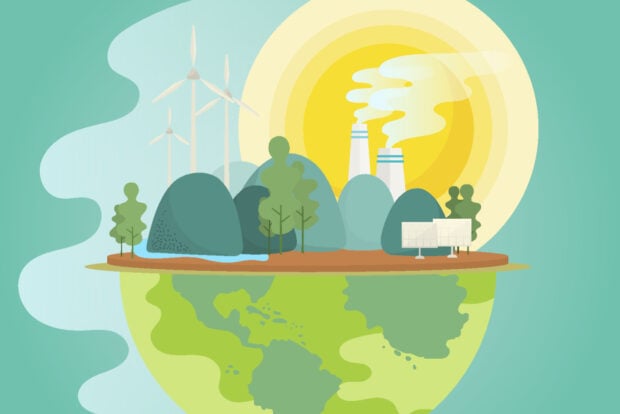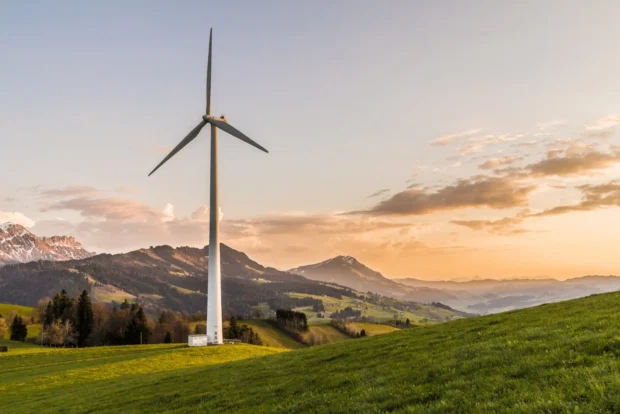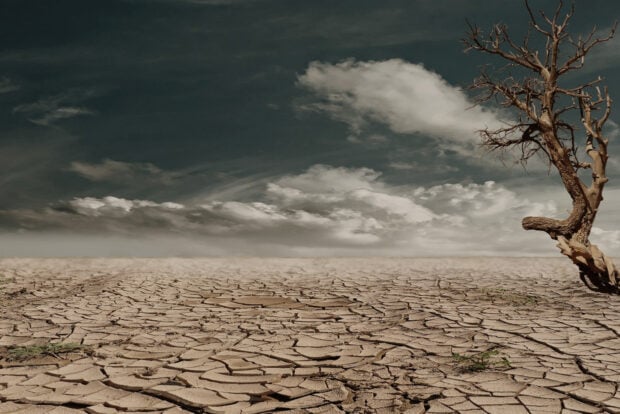EU and China pledge to strengthen climate cooperation

The leaders of China and the European Union have agreed to strengthen their cooperation on climate change in the face of what they described as the “fluid and turbulent international situation”.
During a summit in late July, EU president Ursula von der Leyen and Chinese president Xi Jinping said it was “crucial” that all countries – and in particular the world’s major economies – “maintain continuity and stability and step up efforts to address climate change”.
They added that China-EU cooperation “is of great and special significance to upholding multilateralism and advancing global climate governance”.
The two economic giants have moved to fill the climate governance gap created when president Donald Trump withdrew the US from the Paris Agreement in January this year, fuelling concerns about global efforts to combat climate change. The US emits more carbon than any other country bar China, with the EU coming fourth after India.
China and the EU emphasised that the UN Framework Convention on Climate Change and the Paris Agreement are the “cornerstone of international climate cooperation” and said they would take a “central role… in fully and faithfully implementing their goals and principles”.
They committed to submitting their respective 2035 nationally-determined contributions (NDCs) – significantly, covering all economic sectors and greenhouse gases – before COP30, which will take place in Brazil in November.
NDCs are the climate change pledges individual countries make to meet the Paris Agreement, the core goal of which is to limit global warming to 1.5C above pre-industrial levels.
Most countries missed February’s deadline for submitting their latest NDCs, and the UN has extended the deadline to September.
At the summit, China and the EU pledged to strengthen “results-oriented actions” and to turn their respective climate targets into “tangible outcomes through systematic policies and concrete actions and measures”.
Read more: Paris Agreement goals out of reach unless top emitters step up, study warns
Renewable energy – and a look ahead to COP30
The two presidents also agreed to demonstrate leadership to drive the global just transition in the context of sustainable development and poverty eradication, and to enhance bilateral cooperation in areas such as energy transition, adaptation, methane emissions management and control, carbon markets and green and low-carbon technologies.
They said they plan to accelerate global renewable energy deployment and to facilitate access to green technologies, including in developing countries.
While China is the world’s largest coal consumer, it has aggressively pursued domestic investments in renewable energy, including solar and wind power and electrification. In 2024, about half the renewable energy capacity built worldwide was in China.
At the summit, China and the EU further said they would work with all parties to support Brazil in hosting a successful COP and to promote “ambitious, equitable, balanced and inclusive outcomes” of the conference.
Read more: COP30 president calls for ‘global NDC’ to spur collective action on climate change
Current NDCs not ambitious enough
In its most recent NDC, the EU set a target of reducing greenhouse gas emissions by 55% by 2030, as part of an ambition to reach net zero by 2050. It is also working towards renewable energy accounting for 42.5% of the bloc’s overall energy consumption by the end of the decade.
The Chinese government has committed to peaking CO2 emissions before 2030; reducing the amount of CO2 emitted per unit of GDP produced – known as carbon intensity – by at least 65% from 2005 levels by 2030; and achieving carbon neutrality by 2060.
According to the UN, countries’ current climate policies will result in global warming of more than 3C above pre-industrial levels by 2100.
Last month, the International Court of Justice ruled that countries’ failure to take appropriate action to protect the climate and meet the obligations placed on them by climate treaties such as the Paris Agreement was a breach of international law.
Read more: Countries have a legal obligation to tackle climate change, International Court of Justice rules

















